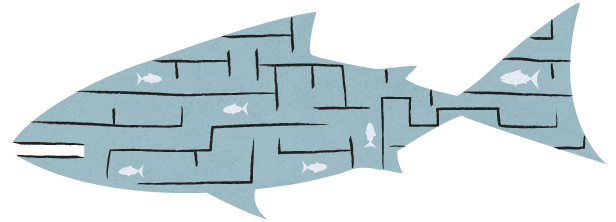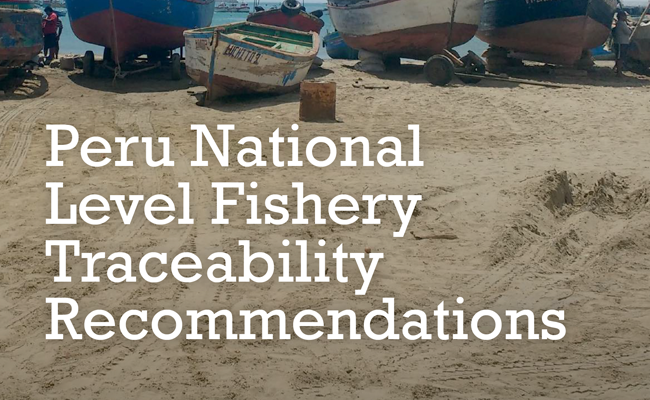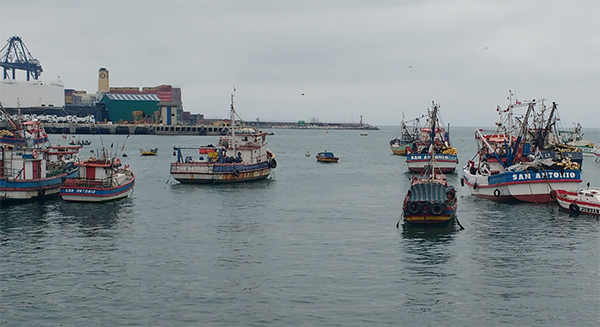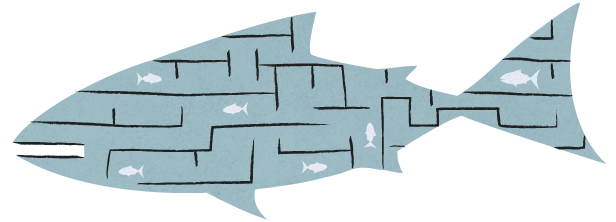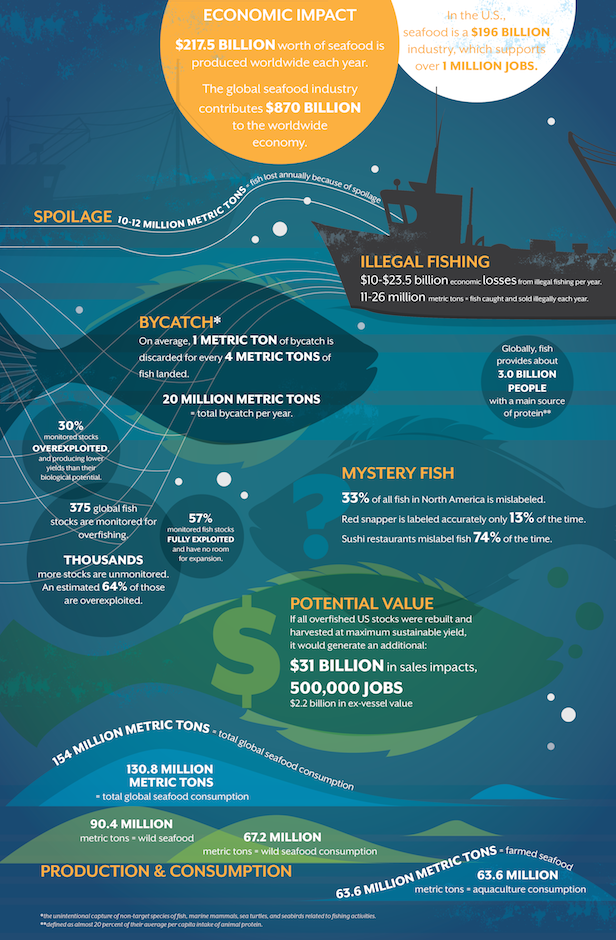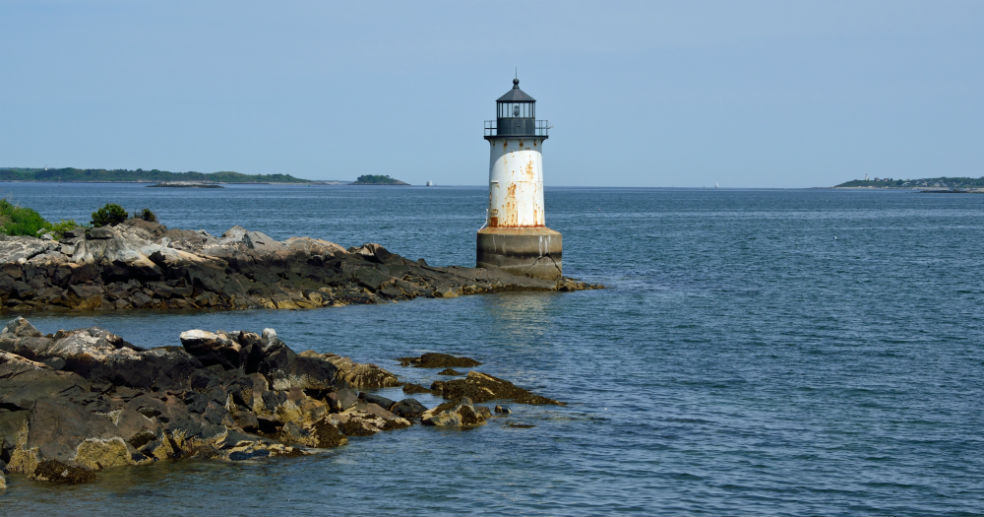Accelerating Government Fisheries Data Modernization
The Information Age is here, but data-rich fisheries continue to be a rarity around the world. Instead, we see fisheries defined by limited information and limited application of that data for effective management. Such poor data usage results in flawed catch limits, a lack of reliable forecasting or enforcement, little to no accountability or transparency, and the inability to meet demands for adaptive management and sustainable fisheries. Today, efforts to improve fisheries data are underway, ranging from tech-driven solutions to coalitions focused on standard-setting…


